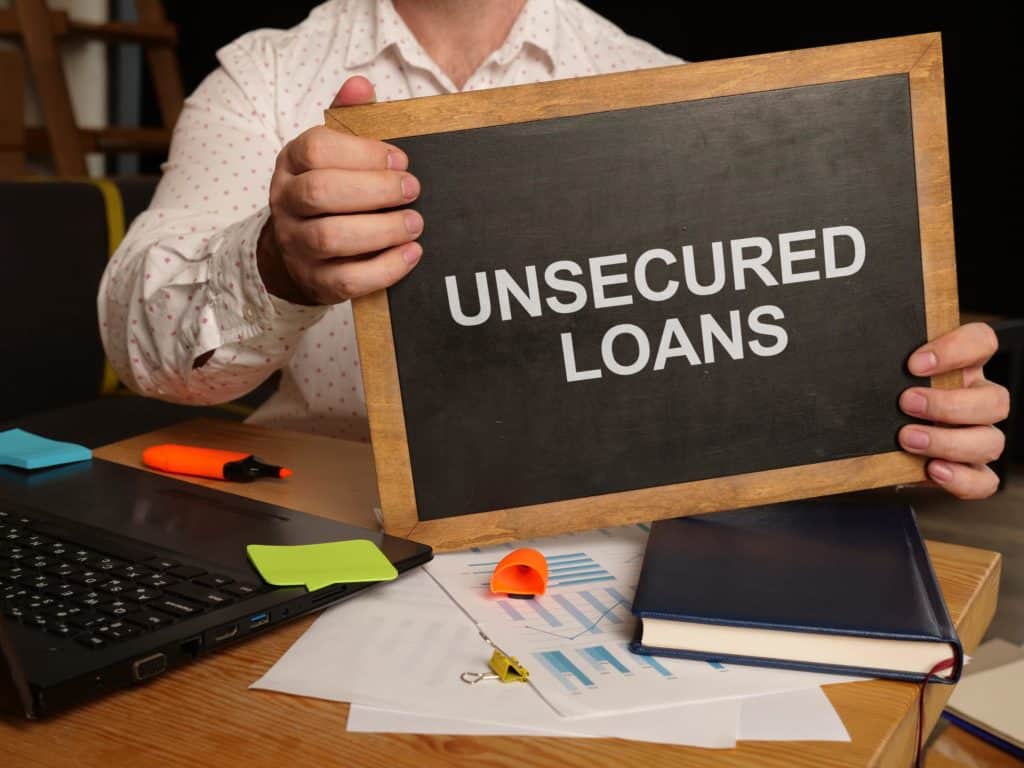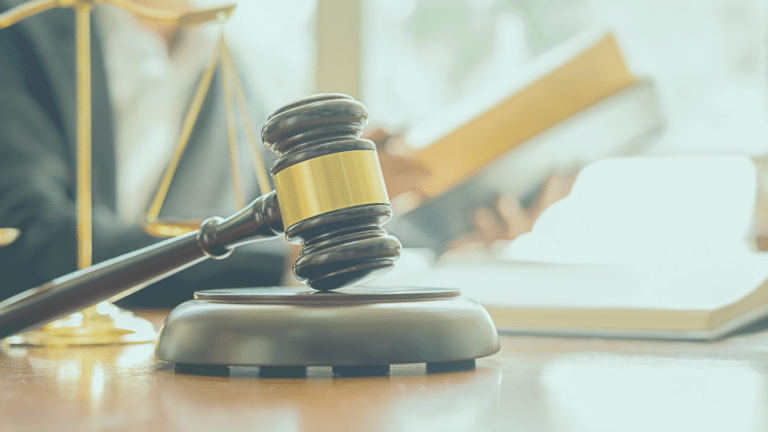Learn about the best unsecured business loans in 2022
Many small businesses don’t have collateral available to qualify for traditional bank loans. Thankfully, alternative lending exists, and makes it possible for businesses to obtain financing without requiring collateral. Learn about the best unsecured business loans in this article.
What is an unsecured business loan?
As a small business owner, you know that it takes money to make money. But, if you don’t have the necessary capital on hand to cover startup costs, purchase additional inventory, or other monetary business needs, the logical answer is to look into the best unsecured business loans for your business. Although just about any loan involves receiving a lump sum of cash and paying it back over a period of time, not every loan program is created equal. Generally, traditional business loans require businesses to pledge collateral such as real estate, valuable equipment, or inventory to back up the loan. If default happens, the lender can seize the asset and sell it to make up their losses. An unsecured loan is based on creditworthiness alone and leaves a lender unprotected if the loan is not repaid.
Acquiring the right amount of capital may be tough to meet alone or with a secured loan. The good news is that there are many options for unsecured business loans available that can help kick things into gear.
How do unsecured business loans work?
An unsecured business loan is simply a loan from a lender that does not require any form of collateral from a business. The loan approval decision is based upon the creditworthiness of the business among other factors. Since unsecured loans are not supported by collateral, there’s more risk placed on the lender in the event of default. This is why many lenders who offer unsecured financing options require a signed personal guarantee as part of the process. Unsecured business loans are also likely to carry higher rates than an secured loan, but the repayment timeline can be much shorter than a traditional repayment period.
What’s the difference between secured and unsecured business loans?
When looking into the various small business loan options available, it’s important to know the difference between secured and unsecured loans before making your decision. Really, the biggest difference is collateral. Many loans require collateral in order to be deemed secured. This means that putting company assets up for collateral lessens the risk on the lending institution which makes it easier to access lower rates, flexible terms, and potentially higher loan amounts.
Luckily, you don’t have to jeopardize your assets or bootstrap funding on your own. The best unsecured business loans are tailored to small businesses that are in need of additional capital to help cover seasonal lulls or enable companywide growth. Since unsecured loans are not backed by collateral, you’ll generally have to pay higher rates, experience a shorter repayment period, and receive a smaller loan amount than a secured loan.
Although the biggest difference between secured and unsecured small business loans is collateral, the other ways they differ are:
- Application and approval process: Lenders need time to evaluate the value of the assets offered up for collateral when it comes to a secured loan application which may take longer, but not always depending on the lender. An unsecured loan, however, can take as little as a few days.
- Lender requirements: Some lenders require business owners to sign a personal guarantee document for unsecured loans. This document shows acceptance for personal responsibility for repaying the debt in the event the business defaults on the loan. For secured loans, lenders need proof that the collateral is valuable enough to use as an asset to back the loan. This process will be a key component to qualifying for a secured, asset-backed loan.
- Rates and Fees: Historically, rates will be much lower for secured loans mainly because there’s much less risk for the lender. If the business defaults on the loan, the lender can sell the business assets to regain the money that was lost. For unsecured loans, the rates will be higher to compensate for the lack of collateral.
- Loan amounts: With little to no lender risk with secured loans, lenders are more willing to allow you to borrow a larger sum of money (i.e. at least $250,000) as long as you have the collateral to back it. With unsecured loans, there’s a much higher lender risk which usually translates to lower maximum loan amounts.
- Repayment period: Unsecured loans, the time you have to repay your loan will generally be shorter than a repayment term available with a secured loan.
The best unsecured business loans
There are many flexible financing options for small businesses when it comes to unsecured business loans. Here are a few loan options to consider if you’re looking for small business financing:
- Line of credit: A line of credit is a flexible funding option that can be accessed by small business owners as a kind of revolving capital that works similarly to a credit card. Your business will be approved for a set amount of credit which then allows you to draw on that amount when needed, only paying interest on the balance that you owe.
- Small business loan: A small business loan allows small businesses owners to receive a lump sum of working capital to meet their business needs. Typically, this type of funding is issued and supported by the business’s creditworthiness and repayment, rather than by any form of collateral.
Applying for an unsecured business loan
Applying for an unsecured business loan doesn’t require collateral, which means that lenders may also assess your personal creditworthiness when you apply for funding. They’ll also usually consider how many years you’ve been in business, as well as your annual business revenue. When applying for a small business loan, you should expect to be asked to provide the following documents:
- Business plan: Most loan applications will require a sound business plan along with the loan application. The business plan should include a complete set of projected financial statements – both profit and loss – cash flow, and a balance sheet. Lenders need to see what your business goals are and what you plan to do with your working capital if approved for the loan.
- Credit Report and Financial Statements: Many loan programs require one year of business bank statements to be submitted as part of the loan package which includes a detailed report of revenue and expenditures as well as company credit history.
- A business banking account: Having a separate business bank account can make your accounting easier to manage and can help you distinguish between your personal and professional financial records.
- 3 months of bank statements: Your lender will closely review bank statements to glean a better understanding of your transactional business history. Your lender will consider any disparity between your bank statements and any other document (such as your tax returns) as a red flag, so it’s important to audit your documents prior to submitting your application.
- Business license: Lenders need to ensure you are licensed in your state to operate your business lawfully.
- Legal documents: Legal documents required by your lender may be in the form of:
- Articles of incorporation
- Copies of contracts you might have with third parties
- Franchise agreements
- Commercial leases
- Tax returns: Your company’s income tax returns can illustrate business performance which is an integral part of the loan application process.
Once you’ve gathered the required documents and chosen a lender, you’re ready to move on to the process of applying. Be sure to double-check that your application includes everything the lender asked for, and in the appropriate format. Reducing unnecessary back and forth will allow you to obtain your approval sooner.
Summary & conclusion
Although there are many options for small business financing, the best unsecured business loan will be the one that fits your business’s needs. So, whether you’re looking to scale your business or offset seasonal expenses, pursuing an unsecured business loan can help you get the right-sized capital you need to keep daily operations steady.
If you have any questions or would like to speak with a business advisor about the various unsecured business loan options available to you, call one of our small business advisors at Rapid Finance today: (877)-252-0827.


